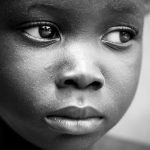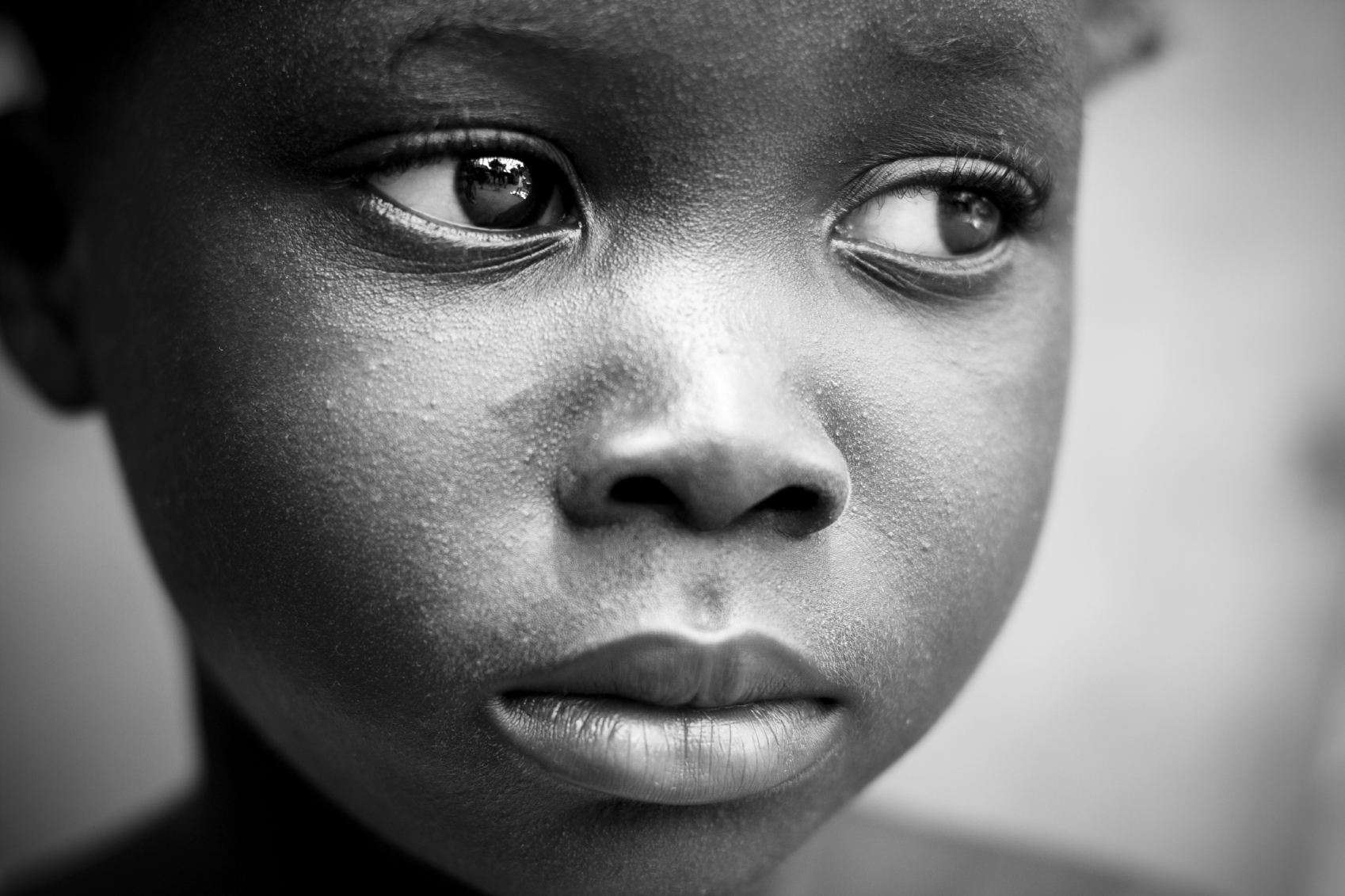Leah Sharibu has been, for the past 463 days now, violently separated from her family by Boko Haram. Sadly, on Thursday, May 16, 2019, Leah was left to endure her 16th and a second successive birthday in captivity. For her family, the past has never been more present. And for all who care about dignity of the human person and the aspiration of the human soul for liberty, the echoes of her captivity, her suffering and pain becomes louder with every passing minute.
Recall that Leah, a student of Dapchi Government Girls Secondary School, was abducted along 109 Schoolgirls on the 19th of February 2018. Five weeks after, the government secured the negotiated release of 104 girls; 5 of the students were reported dead. Leah was reportedly held back for refusing to denounce her Christian faith.
Since then she has endured a painful intimate encounter with the knowledge of suffering. This injustice should not continue.
A month ago, while marking five years since the Chibok abductions, President Buhari reassured that “diverse efforts are being intensified to secure the release of the Chibok Girls, along with all hostages in Boko Haram captivity, including Leah Sharibu”. Making further emphasis on Leah, the President claimed that the only constraints to her release is the fear of the militants that the improved security presence in the north might hinder their safety after her release. But this is familiar rhetoric.
Oftentimes when we demand to know where Leah and the Chibok girls are, the government claims that a response will endanger them and jeopardize rescue efforts. So let’s not ask questions that will elicit familiar response, rather let’s ask questions that will preserve governments sophisticated rescue strategy while demonstrating an intimate understanding of their current condition, let’s ask the Nigerian Government – How is Leah and all those in Boko Haram captivity? I can hear the pin drop.
Through Leah and several others we better appreciate the pitiful reality of the Nigerian life. It lay bare before us, we can all see it for with it is- a life of neglect and lonely journey through difficulties with no active support. The government says the right things to project virtue and empathy, but moral posturing from a safe distance without commensurate action will not bring Leah nor the remaining girls from Chibok back home.
At some point, the government will have to demonstrate that it is useful to show that Nigerians are valued. That we, the citizens need to feel seen, if not for anything, to protect our fragile yet crucial sentiment of patriotism. Rescuing Leah should definitely be a good starting point.
In a society where education of the girl child is erroneously seen as naïve aspiration than logical proposition, it becomes increasingly difficult to ignore the immeasurable consequence of the Chibok and Dapchi experience on education. There are families who will be more reluctant to send their girl child to school. Some others might have withdrawn those already enrolled, all in attempt to avoid the painful experience of Chibok and Dapchi. Therefore the government need to seize the opportunity, demonstrate care for Leah’s plight as symbol of its commitment to defend the vulnerable in our society.
It’s undoubtedly the government’s responsibility to rescue our girls, but our government need a constant reminder. Few weeks back, the Bring Back Our Girls movement, a group who have made it a point of pride to protest for the unseen and speak for the voiceless, demonstrated how agitations are sustained when they remembered the regrettable fifth year anniversary of the Chibok abduction. We must all join them, because we need each other to set ourselves free.
We also need our government to listened to our plight and concerns, because if they listen deeply enough, they will hear voices that are not in need of familiar excuses, and empty verbal commitment. But voices of Leah, the Chibok girls and all in situations similar to theirs’.
They will hear the silent voices in need of liberty and justice.










